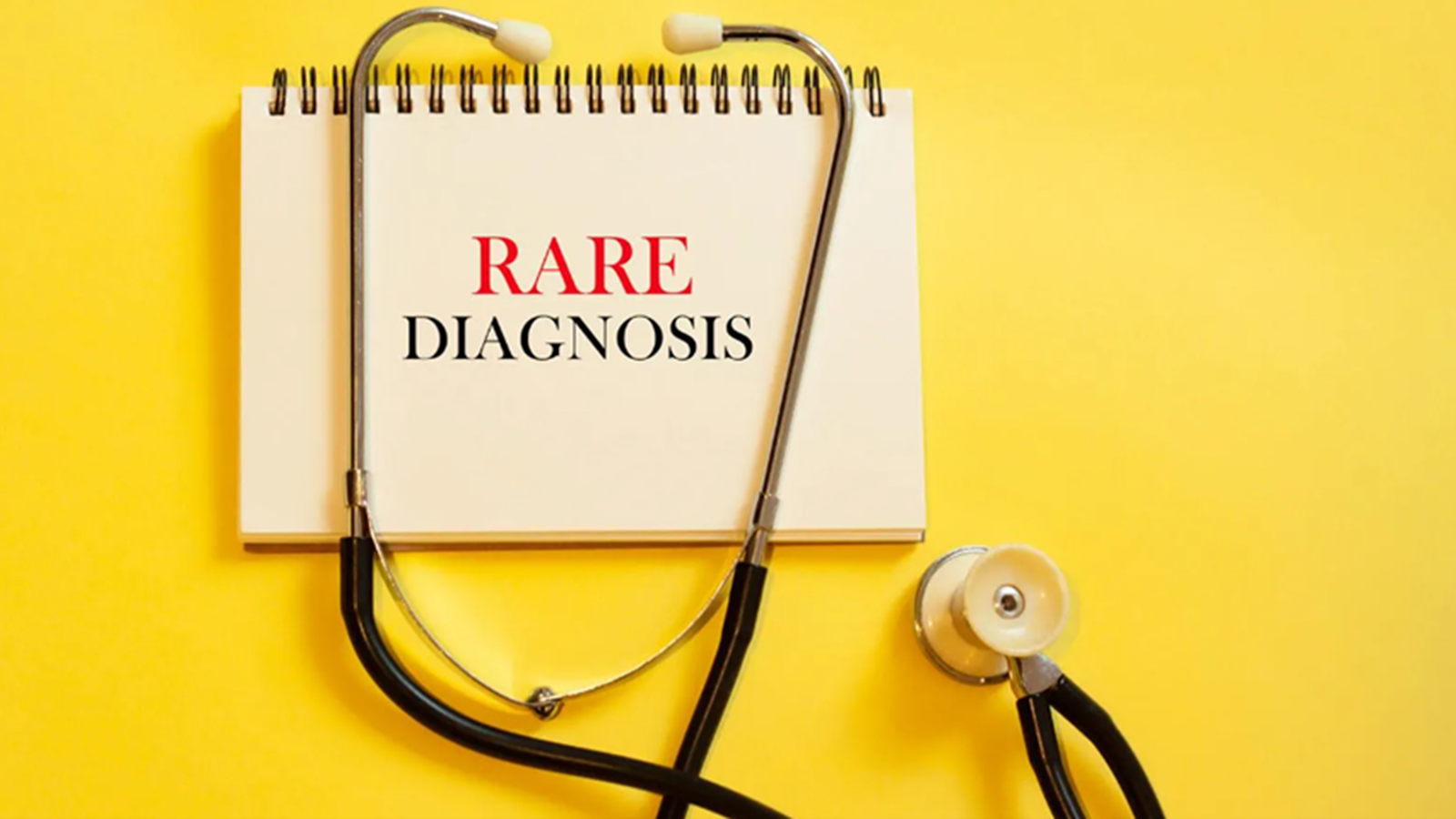The U.S. Food and Drug Administration (FDA) launched the Accelerating Rare Disease Cures (ARC) program last year – a move that recognized the unmet needs of those who live with rare conditions.
“Through scientific and regulatory innovation and engagement, the Center for Drug Evaluation and Research’s ARC Program will help support the development and approval of safe and effective treatment options for the more than 30 million people living with a rare disease in the U.S.,” the FDA said in an announcement.
Lee noted that smaller patient populations make it more difficult to conduct clinical trials, another area where ARC hopes to make an impact. In the United States, a disease is classified as rare if it affects less than 200,000 people. When fewer patients are available to volunteer to participate, researchers can’t get the data they need to draw conclusions.
At ARC’s launch, Lee said that the vision was to “speed and increase the development of effective and safe treatment options.” In 2021, more than half the new treatments approved by the FDA were for “orphan” diseases. That’s good news, but too many of the 7,000 rare diseases still lack approved treatments, Lee said. Rare disease patients also often wait years for a conclusive diagnosis.
Lee said she remains optimistic about the future and said the FDA wants to work with patients, their families, advocacy groups and industry.



